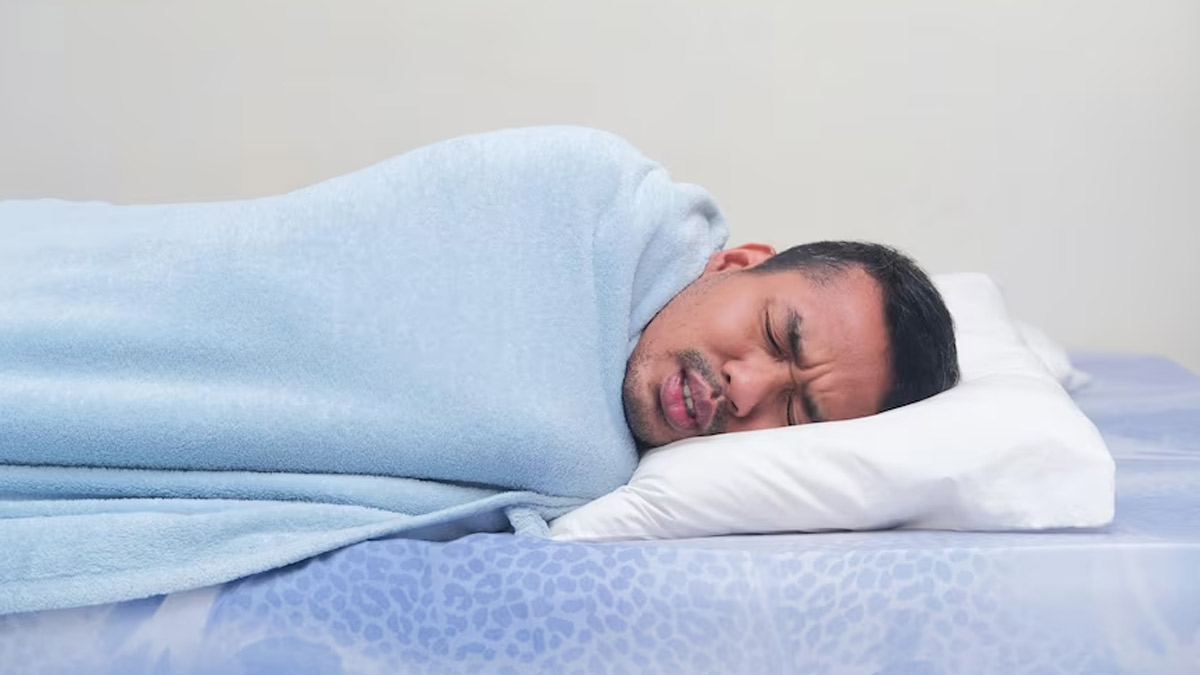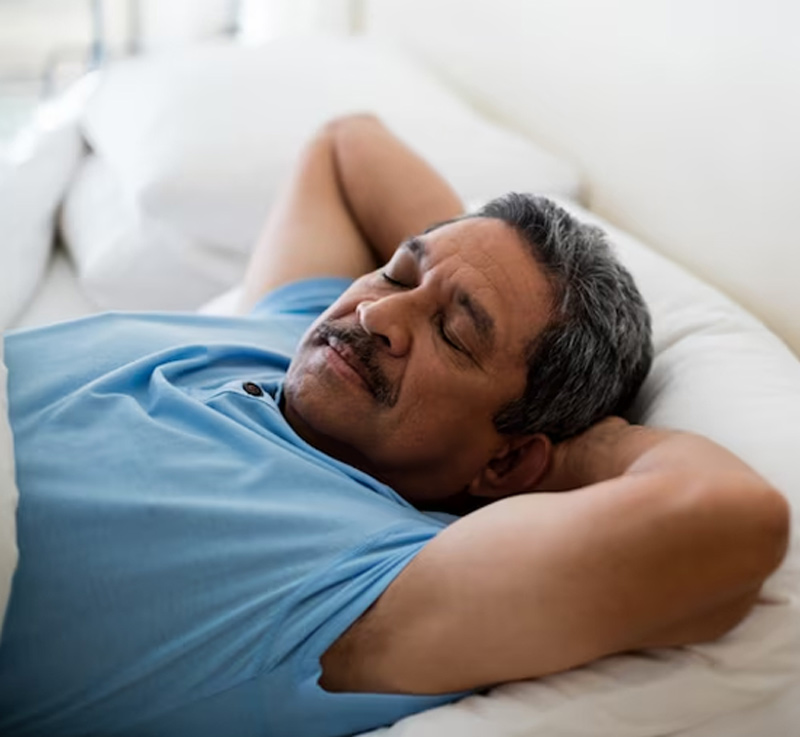
Acute sleep apnoea is a sleep disorder characterised by interrupted breathing during sleep. Unlike chronic sleep apnoea, which persists over an extended period, acute sleep apnoea typically occurs suddenly and may be triggered by specific factors.
Table of Content:-
“Sleep apnoea is a condition in which breathing is repeatedly interrupted while sleeping. This could take the shape of a reduced airflow when sleeping or complete cessation of breathing while sleeping. They are referred to as "sleep-related breathing disorders" when they occur concurrently”, said Dr Prashant Makhija, Consultant Neurologist, Wockhardt Hospital Mumbai Central.
What is Acute Sleep Apnoea?
Acute sleep apnoea is a condition where people experience brief and repetitive interruptions in their breathing while sleeping. These interruptions are caused by the relaxation of the throat muscles, leading to partial or complete blockage of the airway. Unlike chronic sleep apnoea, which can persist for years, acute sleep apnoea is usually short-term and often related to specific factors.
According to the Sleep Foundation, patients with sleep apnoea are 2-4 times more likely to have heart arrhythmias than individuals who do not have the disorder. Also, sleep apnoea increases the chance of heart failure by 140% and coronary heart disease by 30%.
Also read:
Initial Symptoms of Acute Sleep Apnoea
Loud Snoring
One of the primary symptoms of sleep apnoea, acute or chronic, is loud and persistent snoring. The snoring is often punctuated by pauses in breathing, which can be alarming for bed partners.

Choking or Gasping
People with acute sleep apnoea may suddenly wake up with a choking or gasping sensation, struggling to catch their breath. This occurs as the body responds to the drop in oxygen levels.
Excessive Daytime Sleepiness
According to Dr Sandeep Nayar, Senior Director and HOD-Chest and Respiratory Diseases, BLK-MAX Super Speciality Hospital, New Delhi, daytime sleepiness and fatigue are common in individuals with sleep apnoea. Even if they spend a full night in bed, they may still feel tired and lethargic during the day.
Morning Headaches Can Be Frequent
Frequent awakenings and reduced oxygen levels can lead to morning headaches. These headaches often diminish once the person is awake and upright.

Difficulty Concentrating
Cognitive impairment is a significant issue for those with acute sleep apnoea. Concentration problems, memory issues, and difficulty focusing on tasks are common complaints.
Mood Changes
Irritability, mood swings, and even symptoms of depression can be associated with sleep apnoea due to the disruption in normal sleep patterns.
Frequent Nighttime Urination
Some people with acute sleep apnoea may experience an increase in nighttime urination (nocturia). This occurs because the body's stress response to oxygen deprivation can affect the release of certain hormones, including anti-diuretic hormone.
Dry Mouth and Sore Throat
Waking up with a dry mouth or a sore throat is another potential symptom. This can be attributed to the open-mouth breathing and snoring associated with sleep apnoea.
It's important to note that acute sleep apnoea often results from factors such as alcohol or sedative use, respiratory infections, or changes in sleep position. Unlike chronic sleep apnoea, it typically resolves once the underlying cause is addressed.
If you suspect you or someone you know is experiencing sleep apnoea, it's essential to seek medical evaluation and treatment, as untreated sleep apnoea can lead to serious health issues over time.
Also watch this video
How we keep this article up to date:
We work with experts and keep a close eye on the latest in health and wellness. Whenever there is a new research or helpful information, we update our articles with accurate and useful advice.
Current Version